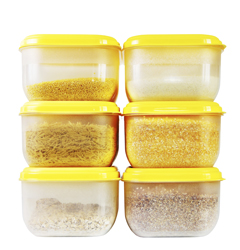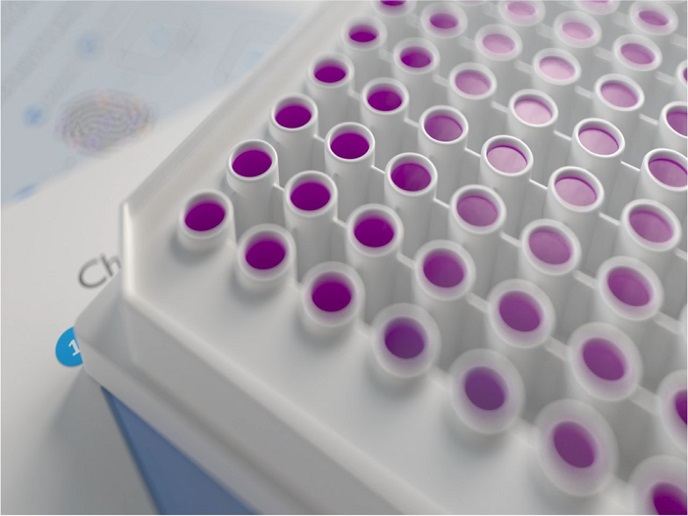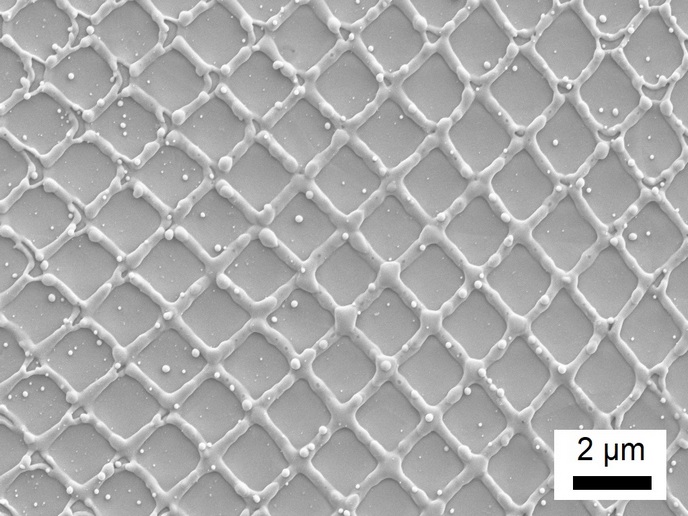Enhanced recovery of propylene
Propylene, a flammable hydrocarbon gas, is a major industrial chemical intermediate. It is used as a building block for a variety of chemical and plastic products. Cryogenic distillation to separate propane/propylene mixtures is one of the most energy-consuming processes in the petrochemical industry. Various studies have been conducted to find an alternative. Among the most promising technologies seems to be the Simulated Moving Bed (SMB) for separating gas mixtures. In contrast to other processes studied, the SMB apparatus yields high recovery rates of high-purity propylene with much lower energy consumption. However, further investigations are required to prove its industrial competitiveness. The Laboratory of Separation and Reaction Engineering at the University of Porto-Portugal (LSRE-FEUP) was integral in conducting relevant preliminary studies. Researchers from the lab teamed up with one of the most important groups in chemical process design, simulation and optimisation located at MIT, in the United States to finish the job. With EU funding of the GPSMB-PPSPLITTER project, scientists simulated the entire process, optimising it with development of new routines and solutions and conducting a complete financial and economic analysis. As a result, GPSMB-PPSPLITTER researchers have produced robust numerical routines for optimisation and evaluation of conventional and vapour recompression distillation. Scientists also developed a new synthesis process for sugars using the SMB reactor. Project findings promise to lead to important advances in the field of SMB technology and validation of its economic feasibility when used for sustainable, energy-efficient propane/propylene separation.







